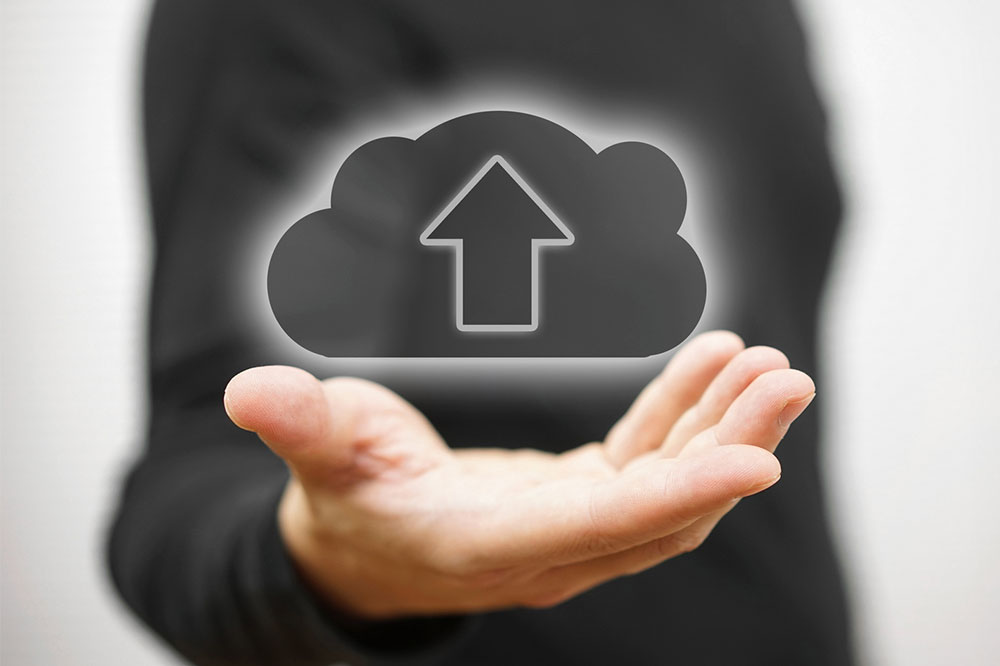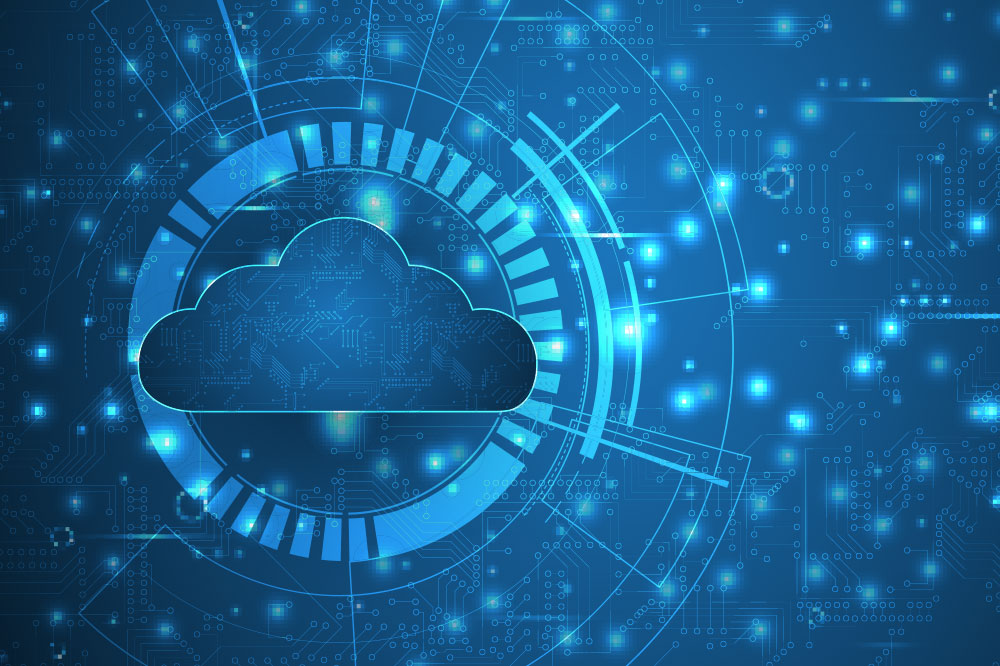Comprehensive Overview of the Top 5 Critical Features of ERP Management Solutions
This comprehensive guide explores the top 5 essential features of ERP management solutions, emphasizing mobile access, financial control, CRM integration, deployment flexibility, and third-party compatibility. These features enable organizations to optimize operations, ensure compliance, enhance customer satisfaction, and adapt to dynamic business environments. Choosing an ERP system with these capabilities can transform your enterprise, making processes more efficient, scalable, and responsive to market demands for sustained growth and competitive advantage.

Comprehensive Overview of the Top 5 Critical Features of ERP Management Solutions
In today's rapidly evolving business environment, selecting the right Enterprise Resource Planning (ERP) system is essential for organizations aiming to optimize their operations and maintain a competitive edge. ERP software is designed to integrate and streamline the core functions of a business, providing a unified platform that enhances efficiency, accuracy, and decision-making capabilities. Whether a company is small, medium, or large, an effective ERP solution can transform how it manages its resources, from human capital and financial data to customer relations and supply chain processes.
ERP systems are not just software tools; they are strategic assets that facilitate real-time data sharing, automate complex administrative tasks, and support scalable growth. In the current digital age, where timely information is crucial, understanding the key features of ERP solutions helps organizations choose the system that best aligns with their operational goals and industry requirements. Among these features, some stand out as non-negotiable in ensuring the ERP system's value and effectiveness. Here, we delve into the five most critical features that every modern ERP management solution should possess.
Mobile Accessibility: Enhancing Business Agility
One of the foremost features that modern ERP systems offer is mobile access. In an era where remote work and on-the-go decision-making are standard, mobile-enabled ERP solutions empower employees and management to access vital business data from anywhere, at any time. This capability ensures that business operations are not confined to office walls and facilitates real-time updates, quick responses, and seamless collaboration across different locations.
Imagine a sales manager visiting a client, needing to check product availability or update order status. With mobile ERP, such tasks can be accomplished instantly, without returning to the office or waiting for reports. This flexibility enhances operational speed and improves customer service, as decisions are made with the most current data. Furthermore, mobile access supports field workers, remote teams, and executives who can monitor key performance indicators, approve workflows, or review financial data on their smartphones or tablets.
From a security perspective, most ERP providers incorporate robust protection protocols to ensure sensitive business information remains safe across mobile platforms. Features such as multi-factor authentication, encrypted data transmission, and user-specific access controls are standard to mitigate potential risks.
Overall, mobile access significantly boosts business agility, supports remote work trends, and ensures that stakeholders are always connected to vital operational insights.
Robust Financial Control: Ensuring Compliance and Accuracy
Financial management is at the heart of any successful enterprise. As regulatory requirements become increasingly complex worldwide, ERP systems must offer comprehensive financial control features to ensure compliance, accuracy, and real-time visibility. This component of ERP software consolidates accounting, budgeting, cost control, and financial reporting into a single interface, reducing errors and improving financial transparency.
With the right ERP solution, businesses can automate routine accounting tasks such as invoicing, payroll, and expense management, freeing up valuable human resources. The system also automatically enforces compliance with local tax laws and international financial standards, minimizing legal risks. Real-time financial dashboards equip managers with instant insights into cash flow, profitability, and cost centers, enabling swift corrective actions when necessary.
Advanced ERP financial modules often support multi-currency transactions, international tax calculations, and multi-entity consolidations, vital for companies operating across borders. Additionally, audit trails are maintained meticulously, facilitating internal and external audits and ensuring accountability.
In a competitive marketplace where financial precision influences strategic decisions and investor confidence, reliable financial control features in ERP solutions are indispensable. They help businesses stay compliant, control costs, and make informed decisions that drive growth.
Customer Relationship Management (CRM): Boosting Client Satisfaction and Loyalty
Customer management is a core aspect of modern ERP systems, integrating CRM functionalities that help businesses nurture long-term relationships with clients. An effective CRM module within ERP allows organizations to monitor all customer interactions, preferences, purchase history, and feedback, providing a detailed view that supports personalized marketing and improved service quality.
With integrated customer data, sales teams can identify upselling or cross-selling opportunities, manage leads efficiently, and streamline the sales pipeline. Customer grievances and support requests are handled more effectively, ensuring that issues are resolved promptly, thus fostering higher satisfaction and loyalty. Additionally, analytics tools within ERP can identify trends and customer needs, enabling proactive engagement and targeted marketing campaigns.
Integrating CRM directly into the ERP environment eliminates data silos and ensures that customer information is consistent across departments like sales, marketing, and support. This holistic view helps create a seamless customer experience and strengthens brand loyalty, which directly correlates to increased revenue and business growth.
As customer expectations continue to rise, having a robust CRM integrated with your ERP system gives your business a competitive edge by enabling tailored interactions, improved responsiveness, and higher customer retention rates.
Flexible Deployment Options: Adapting to Business Needs
Choosing the right deployment method for ERP software is critical in aligning with your organization’s infrastructure, budget, and strategic goals. Generally, ERP systems can be deployed through several flexible options, each with its own advantages and considerations.
SaaS (Software-as-a-Service) ERP solutions are cloud-based platforms that are accessible via the internet. They offer significant benefits such as reduced upfront costs, automatic updates, scalability, and minimal IT maintenance. SaaS ERP is ideal for small to medium-sized businesses that want quick deployment and ease of access, allowing employees and stakeholders to work from anywhere with internet connectivity.
On the other hand, open-source ERP solutions provide high customization possibilities without licensing fees. These systems allow companies with specific needs or in-house technical expertise to modify modules, integrate third-party applications, and tailor workflows to precise requirements. Such flexibility is beneficial for businesses with complex or niche processes and those seeking cost-effective customization.
Hybrid deployment models are also available, combining aspects of both cloud and on-premise solutions, providing a balanced approach to control, security, and accessibility. This is suitable for larger enterprises with specific security policies or regulatory requirements.
Each deployment option has inherent benefits and potential drawbacks, but the key is choosing a solution aligned with your operational scale, security policies, and long-term growth plans.
Seamless Integration with Third-party Systems
The modern business environment requires enterprise software to work harmoniously with various external applications and systems. Integration capabilities are among the most vital features of an effective ERP solution, as they enable a comprehensive management ecosystem tailored to your organization’s needs.
Third-party integration ensures that your ERP system can connect seamlessly with other critical applications such as supply chain management (SCM), customer support platforms, payroll services, banking systems, and e-commerce platforms. This interconnectedness reduces manual data entry, minimizes errors, and improves overall workflow efficiency.
Leading ERP solutions typically offer open APIs (Application Programming Interfaces) and pre-built connectors that facilitate easy integration with popular third-party tools. They also support custom integrations, allowing businesses to extend functionalities according to specific requirements. For example, integrating ERP with a logistics management system enables real-time tracking of shipments, improving supply chain visibility.
Furthermore, compatibility with external systems supports data consistency, single source of truth, and faster reporting. For businesses seeking rapid scalability and agility, the ability to incorporate new applications without disrupting existing processes is indispensable.
In conclusion, an ERP management system equipped with features such as mobile access, comprehensive financial controls, customer relationship management, flexible deployment options, and third-party integrations can significantly enhance operational efficiencies. These features not only improve internal processes but also enable organizations to respond swiftly to market changes, satisfy customer needs, and achieve sustained growth. Selecting an ERP solution that emphasizes these core functionalities will position your business for long-term success in a competitive landscape.





